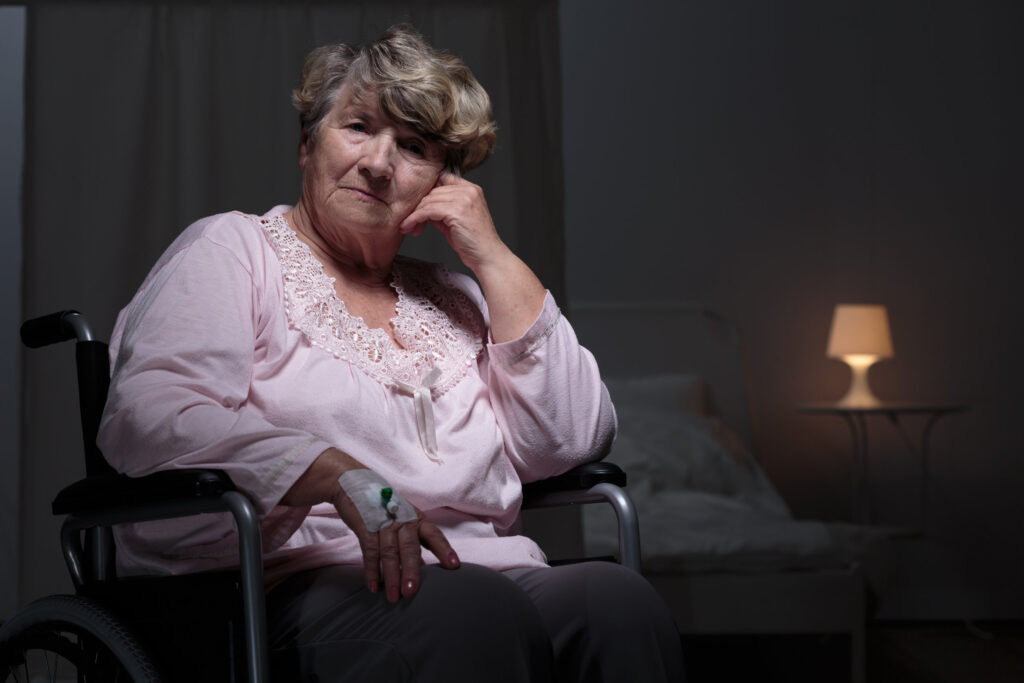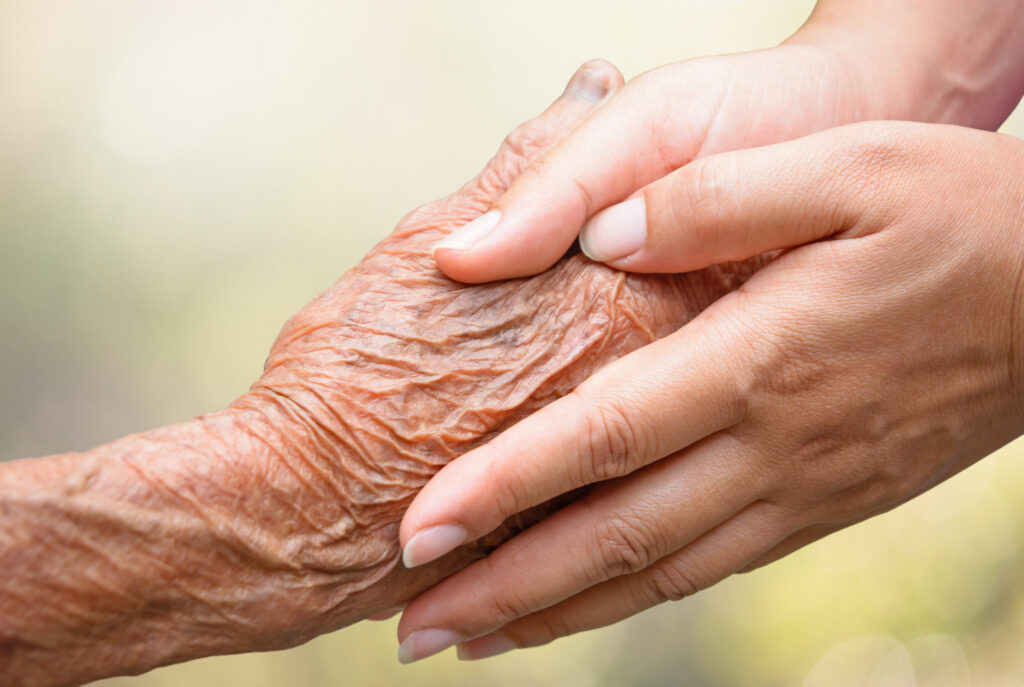
According to the Iowa Department of Human Services, there were nearly 4,000 assessments of dependent adult abuse or neglect in 2019. In addition, Adult Protective Services of Illinois received as many as 20,800 reports of abuse in 2020. Unfortunately, the real number of abuse and neglect cases in the Quad Cities is unknown, and estimates by state agencies are likely undercounted.
Most people assume they’d be able to recognize the signs of abuse or neglect in their loved one’s nursing home. Sadly, this isn’t always the case. Subtle changes to your loved one’s physical or mental health may be difficult to detect or be mistaken for normal problems that come with age. But when a loved one’s care is compromised, the results can be devastating, resulting in illness, injury, pain and suffering, and even wrongful death.
If you believe someone you love has been the victim of abuse, you and your family could be entitled to significant compensation. Learn more about filing a nursing home abuse lawsuit from the nursing home abuse attorneys at WKC Law Firm.
Types of Nursing Home Abuse and Neglect
Those living in a nursing home or another long-term care facility have the right to proper and timely medical care, access to nutritious food, and safe living conditions that are free from physical, emotional, sexual, or financial abuse.
Physical Abuse
If a nursing home staff member, contractor, or another nursing home resident uses physical force against your loved one, this is considered physical abuse. This could include pushing, shoving, slapping, kicking, throwing objects, the inappropriate use of physical restraints, force-feeding, and unnecessary confinement. Physical abuse may result in unexplained injuries, withdrawal from loved ones, anxiety, depression, or intense fear of a particular caregiver.
Emotional or Mental Abuse
Psychological abuse is especially common in nursing homes because residents rely on caregivers to meet their basic needs and have little agency. Emotional or mental abuse includes yelling at, talking down to, humiliating, shaming, belittling, or intimidating an elderly or dependent adult. This kind of abuse can lead to social isolation, emotional trauma, depression, anxiety, and other mental health problems.
Sexual Abuse
Sexual abuse of elderly and dependent adults in long-term care facilities is not commonly talked about, but it does happen. Any unwanted romantic or sexual behavior by a resident, caregiver, or nursing home visitor is considered sexual abuse. Those living in nursing homes are particularly vulnerable to this kind of abuse because they often have physical or mental impairments and rely heavily on their caregivers. Signs of sexual abuse may include bruises or abrasions on the upper thighs or genitals, unexplained sexually transmitted infections (STIs), and new or worsening depression or anxiety.
Financial Abuse
Financial abuse is among the most common types of nursing home abuse in the Quad Cities and throughout the United States. This occurs when someone steals money or items from a loved one’s room, misuses their checkbook or credit cards, steals their identity, influences them to make changes to their will, tricks them into giving away their assets, or forces them to transfer their money or assets.
Neglect
Although not always intentional, elder neglect can be just as damaging as elder abuse. Neglect may take many forms, including:
- Inadequate nutrition and hydration
- Leaving a resident unattended in bed for long periods, resulting in bed sores
- Lack of supervision or support leading to frequent slip and falls or other injuries
- Failure to administer (or incorrectly administering) medication or treatment (this may amount to medical malpractice)
- Failure to assist a resident with basic hygiene and daily tasks
- Illegal hiring of unqualified or underqualified employees
Compensation Available to Victims of Nursing Home Abuse

Victims of nursing home abuse and neglect and/or their families may be able to recover financial compensation in a nursing home abuse lawsuit against the nursing home, an employee, a contractor, or an insurance company. The money from a settlement is intended to compensate the victim and their loved ones for the physical, emotional, and financial harm caused by the abuse. More specifically, plaintiffs may be awarded damages for:
- Medical bills
- Future long-term care arrangements
- Mental health counseling
- Pain and suffering
- Mental anguish
- Funeral expenses in wrongful death cases
In particularly egregious cases, a judge may also award punitive damages to the victim or their family.
How to Report Nursing Home Abuse in the Quad Cities
Nursing home abuse and neglect is a crime, one that should be reported and investigated by the appropriate authorities. If you suspect nursing home abuse in the Quad Cities, report it as soon as possible through one of the links below. If you believe your loved one is in immediate danger, call 911.
| Iowa Elder Abuse | Illinois Elder Abuse |
| Nursing Home and Home Health Complaint Hotline 1-877-686-0027 | Department of Public Health’s Nursing Home Complaint Hotline 1-800-252-4343 |
| Office of the State Long-Term Care Ombudsman 1-866-236-1430 | Adult Protective Services Hotline 1-866-800-1409 1-888-206-1327 (TTY) |
| Iowa Department of Human Services Dependent Adult Abuse Hotline 1-800-362-2178 | Regional Long-Term Care Ombudsman Program, Rock Island County 800-798-0988 (Toll-Free) 309-277-0167 |
How a Quad Cities Nursing Home Neglect Attorney Can Help
Unfortunately, while reporting abuse may lead to an arrest and conviction of the perpetrator, nursing home abuse victims and their families are often left to deal with the long-term consequences without much in the way of restitution.
With an experienced nursing home abuse attorney in your corner, you and your family can obtain the financial compensation you deserve from the responsible party. While no dollar amount can remedy the trauma inflicted by long-term care abuse, a personal injury settlement may help offset the costs of medical care, rehabilitation, and alternative living arrangements.
To find out if pursuing a nursing home abuse lawsuit is right for you, reach out to the personal injury lawyers at Winstein, Kavensky & Cunningham to schedule a free, no-obligation consultation. Our legal team is available for home and hospital visits, in addition to evening and weekend appointments. Call us today at (309) 794-1515, connect with one of our LiveChat online, or fill out this brief form to be forwarded to our intake team.